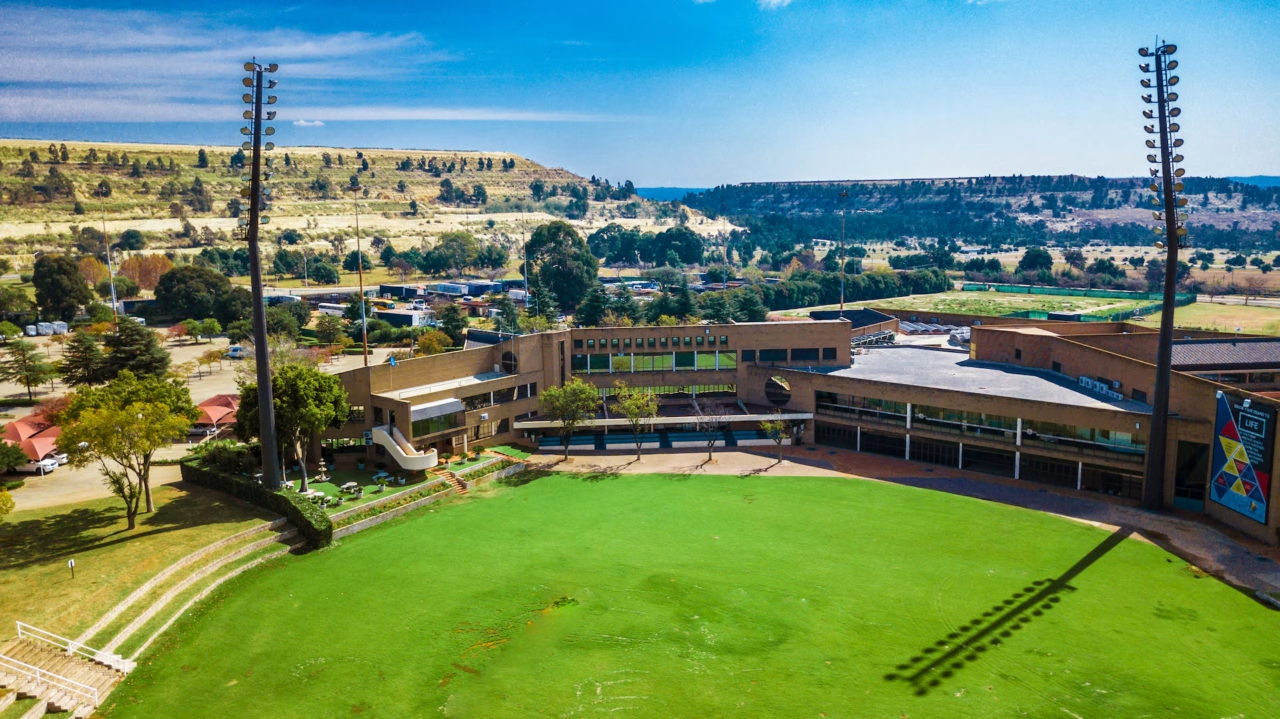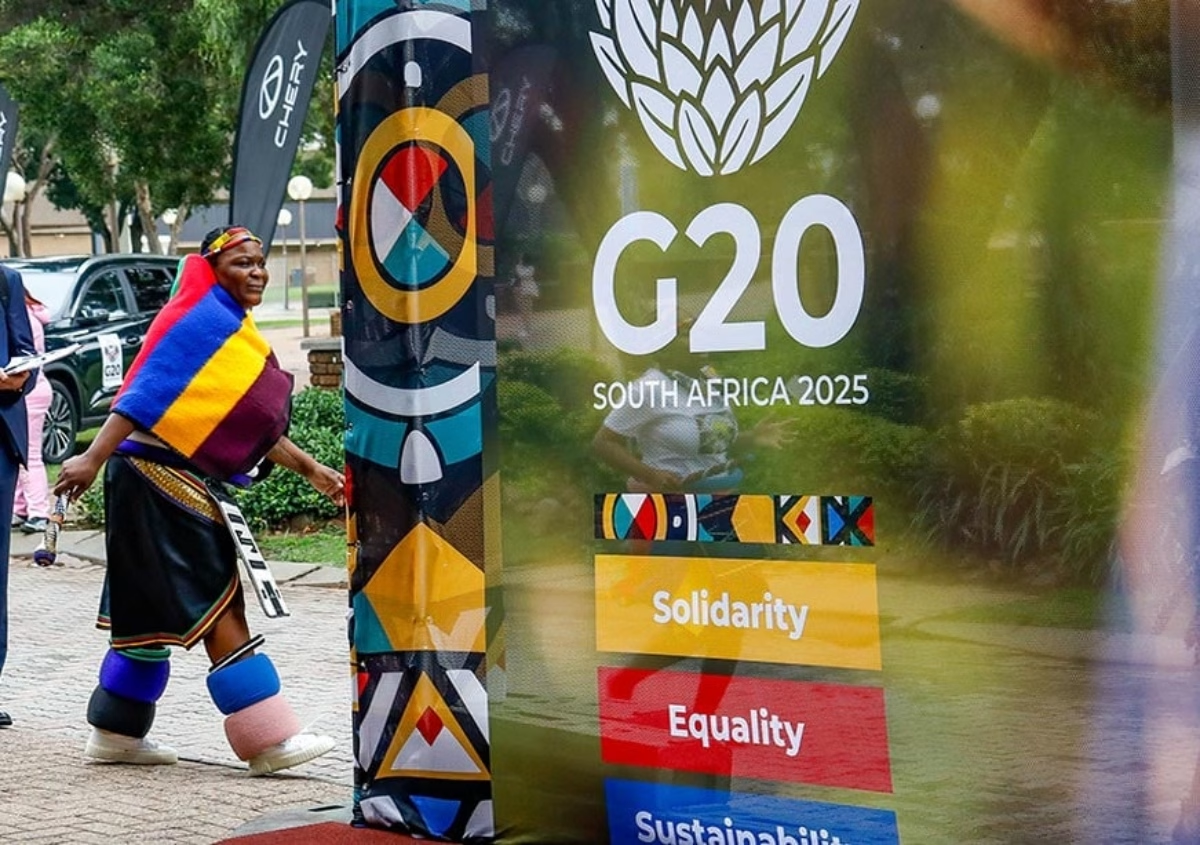As the worst drought in over 40 years continues to grip the south of Angola, the country is spending US$450 million to improve its water supply services and resource management to address the devastating water scarcity in some of its provinces.
The Climate Resilience and Water Security in Angola (RECLIMA) project, funded by the World Bank and Agence Française de Développement (AFD), aims to address this by supporting the country to invest in water infrastructure and strengthen its water institutions. The financing agreement with AFD was signed in March 2023 with the project expected to benefit almost a million people, mostly in the drought-affected provinces of Benguela, Huíla, Namibe, Cunene and Cuando Cubango. Zaire, Kwanza Sul and Luanda will also benefit from the project.
World Water Day, which falls on 22 March each year, aims to draw attention to the global water and sanitation crisis and the more than 2 billion people around the world that currently lack access to safe drinking water. The protracted drought in Angola provides a perfect example of why this year’s World Water Day is highlighting the urgent need to accelerate change given that the increasing impact of global warming is expected to intensify the water crisis.
United Nations Water explains that the increasing frequency of extreme weather events is making water more scarce, more unpredictable, more polluted or all three. In Angola, this means that the drought has not only caused a serious spike in food insecurity but is also affecting access to water, sanitation, and hygiene for many vulnerable communities. According to UNICEF, 1.2 million people in Angola currently face these challenges.
Nacatolo António, investment officer at AFD, says the impact of severe weather events is often worse in areas where water resource management systems are still underdeveloped or lacking. “Many developing countries are currently left more vulnerable to climate change because their capacity and institutions to manage water resources are still maturing. In these countries, it is not a matter of adapting water systems to respond to climate change, instead, they need support to build climate-resilient water systems from the ground up.”
Although Angola has made substantial progress in strengthening the country’s water and sanitation sector, significant investment is still required if it hopes to achieve the Sustainable Development Goal (SDG) 6 “clean water and sanitation for all”. While 59% of Angolans living in urban areas have access to piped water services, this figure declines to a much lower 8% in rural areas. Access to sanitation in the form of septic tanks also stands at 74% in urban areas, compared to just 25% in rural areas. Improving access to water, sanitation and hygiene has broad and significant development benefits, including improved health outcomes for children.
RECLIMA will finance strategic physical investments in urban and rural areas, including the rehabilitation and expansion of water supply services in urban and peri-urban areas and the maintenance and repairs of rural water supply systems. It will also provide selected support in the development of priority infrastructure to expand and increase piped water supply service and household connections. The infrastructure component of the project will include the reconstruction of Sendi Dam in Huíla Province, which will provide local employment opportunities, and a regional program of maintenance and repairs to strengthen water services in the drought-stricken south of the country.
António says while infrastructure investment is critical to improve access to water, sanitation and hygiene for both urban and rural Angolans, RECLIMA will also place a strong emphasis on institutional development. “The project includes technical assistance to provincial water utilities to help build their capacity to ensure sustainability in the operation and maintenance of the water and sanitation infrastructure. The effective management of water resources should not just come to the fore during droughts. It requires systems and institutions that can function effectively over the long term.”











